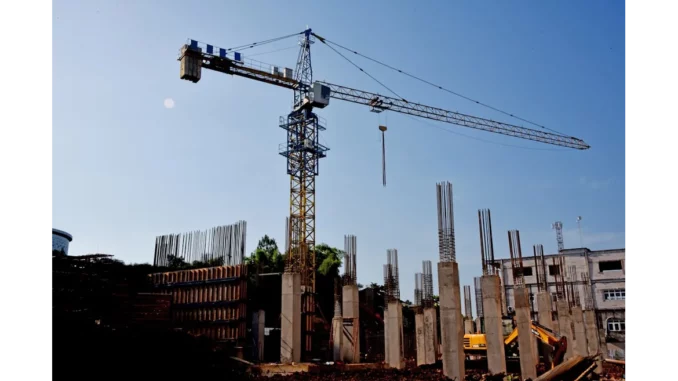
Navigating the intricacies of planning permission can be an intimidating endeavour, particularly for those venturing into construction projects for the first time. The Planning Portal emerges as an indispensable ally in this journey, offering guidance and tools that aid individuals and businesses in understanding and adhering to planning regulations. This article delves into the essential facets of planning permission, the application process, and how to effectively leverage the Planning Portal to streamline construction ventures.
Focus360 Energy: property compliance services – pre-planning to post-construction. Learn more.
At its core, planning permission represents a formal endorsement required from your local planning authority (LPA) before undertaking any new construction, substantial modifications to an existing edifice, or alterations in the usage of a building. This ensures compliance with local planning policies and guards against any adverse impact on the surrounding environment or community. Understanding the necessity of planning permission is crucial for anyone contemplating the construction of a new building, making significant alterations such as extensions, or repurposing a building—for instance, transforming a residential property into a commercial outlet. A prudent step in determining the need for planning permission is to engage with your local planning authority via your local council.
It’s pertinent to recognise that planning systems across the United Kingdom are not homogenous. England, Scotland, Wales, and Northern Ireland each operate under distinct sets of regulations and procedures. Consequently, it is paramount to consult the relevant authorities specific to your region to ensure compliance with local directives. This regional variation underscores the importance of regional awareness and compliance in the planning process.
When the decision is made to apply for planning permission, the application must be submitted to the local planning authority. The Planning Portal provides a streamlined online platform for this process, simplifying the submission of applications. It is imperative to obtain the necessary permissions prior to commencing any project, as failure to do so could result in enforcement notices requiring the reversal of any unauthorised changes. The Planning Portal’s utility extends further with its array of features, which include the ability to search and view details about planning, tree work, and building control applications. This feature is particularly advantageous for gaining insight into the types of projects that have garnered approval in your vicinity.
The Planning Portal also facilitates public engagement by allowing users to comment on planning and tree work applications, offering a channel to voice support or concerns regarding proposed developments. Additionally, by registering on the site, individuals can access a weekly list of all planning and tree work applications, save searches, track applications, and receive timely email alerts. Such features make the Portal not only a tool for developers but also a resource for community members interested in local developments.
Before submitting a planning application, many councils offer a chargeable pre-application advice service. This service proves invaluable in identifying potential issues at an early stage, thereby enhancing the likelihood of a successful application. Another aspect to consider is the possibility of requiring a Certificate of Lawful Development in lieu of full planning permission. This certificate affirms whether a proposed use or operation is lawful and whether planning permission is necessary. Applications for these certificates can also be efficiently processed through the Planning Portal.
In summation, the Planning Portal stands as an essential resource for those engaged in construction and property development. By mastering the requirements for planning permission, understanding the application process, and utilising the extensive resources available on the Planning Portal, individuals can navigate the planning landscape with increased confidence and efficiency. It remains crucial to consult your local planning authority for tailored advice pertinent to your specific project and regional regulations, ensuring a harmonious balance between development ambitions and community welfare.


Be the first to comment